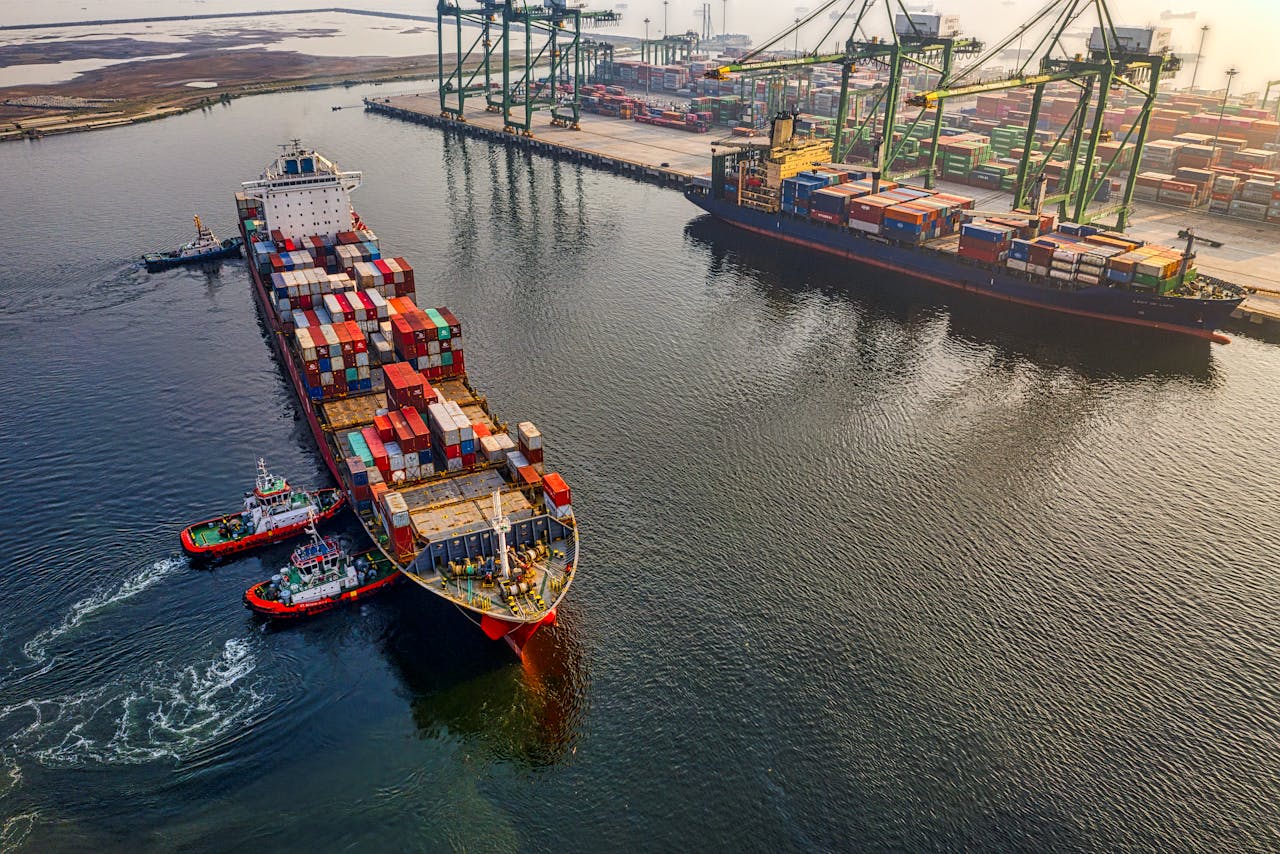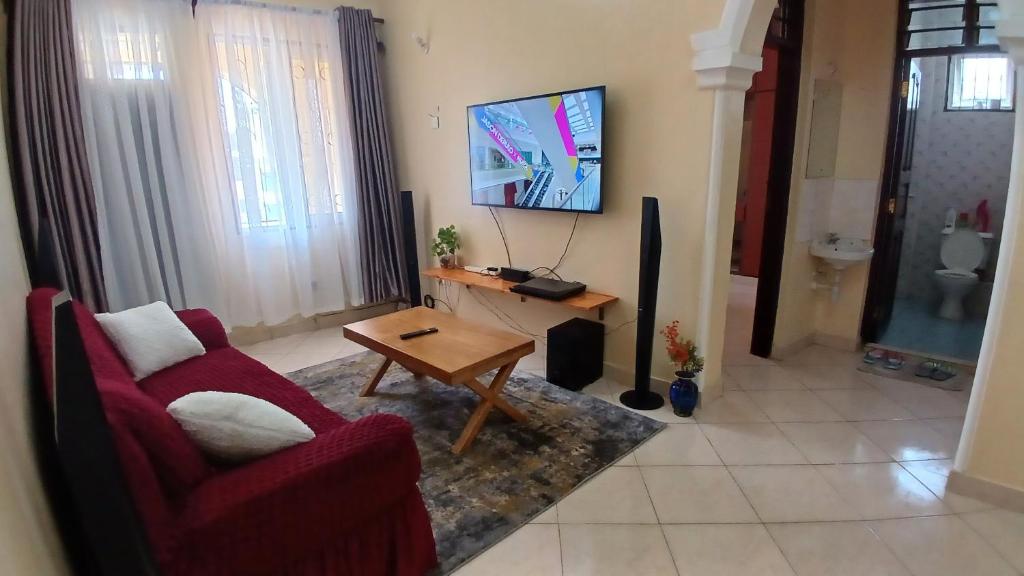In recent years, there has been a noticeable increase in international migration from Kenya. Whether it’s for work, education, or personal reasons, more and more Kenyans are choosing to move abroad. However, an international relocation is a significant undertaking that requires thorough planning and preparation.
This comprehensive guide provides essential insights into the process of moving from Kenya to another country. From understanding visa requirements to planning your finances, we’ve covered the key steps to ensure a smooth transition. Prepare yourself for the journey ahead with our actionable tips and advice.
1. Understanding Immigration Requirements
One of the first hurdles in an international move is navigating immigration requirements. Each country has its own set of rules and procedures, making it essential to do the homework upfront.
Visa and Residency Options
When relocating internationally, understanding visa options is crucial. Different countries offer various types of visas:
- Work Visas: For those moving for employment.
- Student Visas: If you’re relocating for educational purposes.
- Permanent Residency: For individuals looking to establish long-term residence.
Research the specific requirements of your chosen destination country. It’s important to understand the conditions and restrictions attached to each visa type.
Key Documents Needed for International Relocation
Documentation is a huge part of the immigration process. You will need:
- A valid passport.
- Visa application forms.
- Proof of employment or acceptance letter from a school.
- Financial statements proving you can support yourself.
- Health and police clearance certificates in some cases.
Compiling these documents in advance will save you from last-minute hassles.
Tips for Dealing with Immigration Authorities
Interacting with immigration authorities can be daunting. Here are some tips to ease the process:
- Be Prepared: Ensure all necessary documents are complete and up-to-date.
- Be Patient: Bureaucratic procedures can be slow, so expect delays.
- Be Polite: Courteous interactions can often go a long way.
By understanding these key elements, you are well on your way to mastering your move from Kenya.
2. Financial Planning for an International Move
Moving internationally is an investment that demands careful financial planning. Without a clear financial strategy, your relocation could become overwhelming.
Budgeting for the Move
Develop a comprehensive budget that covers:
- Travel Expenses: Flights, transportation, and accommodations.
- Shipping Costs: Transporting household items can be costly.
- Legal and Administrative Fees: Visa applications and legal consultations.
Plan for unexpected expenses by setting aside a contingency fund, typically about 10-15% of your overall budget.
Currency Exchange and Bank Accounts
Understanding how to manage your finances in a new country is vital:
- Currency Exchange: Check exchange rates and potentially lock in rates when favorable.
- Bank Accounts: Research banking options available in the destination country and consider setting up an account there before moving.
This will help avoid high transaction fees and currency fluctuations.
Cost of Living Analysis
Understanding the cost of living in your new home can help you plan better:
- Compare the cost of basic commodities like groceries and transport.
- Consider housing costs and utilities.
- Account for any taxes or deductions that may apply.
Having a clear picture of your financial landscape will make your relocation stress-free.
3. Choosing and Hiring Moving Services
A reliable moving service can take a lot off your plate. From packing to shipping, professional movers streamline the process.
Research Moving Companies
Do thorough research on moving companies:
- Reputation: Look for companies with positive reviews and testimonials.
- Experience: Consider movers who have experience with international relocations.
- Insurance and Licensing: Ensure that the company is licensed and offers insurance to cover any potential damages.
Packing Tips and Shipping Options
Packing efficiently can save both time and money:
- Prioritize essentials and categorize items.
- Use high-quality packing materials to prevent damage.
- Explore various shipping options like air or sea freight, depending on your budget and timeline.
Customs and Duties
Research customs regulations of your destination country:
- Import Taxes: Know what duties you’ll need to pay on arrival.
- Restricted Items: Certain items may be prohibited or restricted.
Being well-informed about these issues will prevent delays and additional costs.
4. Cultural and Language Preparation
Understanding the culture and language of your new home enriches your relocation experience and aids integration.
Cultural Sensitivity
Learn about:
- Social Norms and Etiquette: Understand appropriate behavior and communication styles.
- Public Holidays and Traditions: Familiarize yourself with cultural customs and celebrations.
This knowledge helps in reducing cultural shock and assists in blending into the community.
Language Skills
If you’re moving to a country with a different language:
- Start learning basic phrases and common expressions.
- Consider enrolling in language classes.
Language skills can greatly improve your experience and interaction with locals.
Joining Local Communities
Connect with local groups:
- Search for expatriate communities or local clubs.
- Attend cultural events to integrate faster.
Developing a social circle can make your new environment feel like home.
5. Settling into Your New Home
Arriving in a new country is both exciting and challenging. Make your transition smoother by considering these factors.
Housing and Accommodation
Secure housing before you move:
- Short-term Rentals: Great for immediate needs.
- Long-term Rentals: Start with a short lease to explore neighborhoods.
Research the best areas that suit your lifestyle, budget, and needs.
Healthcare and Insurance
Healthcare systems can vary greatly:
- Enroll in Health Insurance: Either through your employer or a private plan.
- Understand Local Healthcare: Know where and how to get medical assistance.
Having health coverage is critical for peace of mind.
Education and Employment Opportunities
For those moving with families or seeking employment:
- Research educational institutions for children.
- Understand the local job market and network professionally.
Following these steps ensures that you can settle in comfortably and begin enjoying life in your new home.
Conclusion
Relocating internationally from Kenya is a bold and transformative step that requires careful consideration and meticulous planning. By understanding immigration requirements, budgeting effectively, choosing the right moving services, and preparing for cultural changes, you can make your transition a success.
In summary, thorough preparation can ease the stress associated with international migration and ensure a seamless relocation process. Whether you’re moving for work, education, or personal reasons, this guide equips you with the knowledge to embark on your journey confidently.
Quick Checklist for a Seamless International Move from Kenya:
- Visa and immigration: Research requirements.
- Financial Planning: Budget and understand currency implications.
- Movers: Select reputable services.
- Cultural Prep: Learn about your new community.
- Settling In: Secure housing and insurance plans.
Embrace your new adventure with readiness and clarity, making your move a positive and enriching experience.



